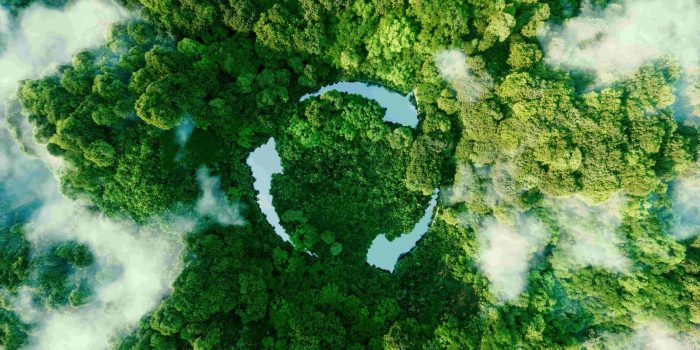Project title: Modular Green Nitrogen Fertiliser Production Project – An Elixir of Life for the Kenya Macadamia Industry
Type of project: business implementation
SDG(s) relevant to the project: 2, 12, 13, 15
Topic(s): industrial innovation, energy efficiency, circular economy, net zero and Scope 3 emissions, nature-positive approaches and regenerative agriculture
Product(s): macadamias
Project end date and duration: ongoing, launched on November 16, 2023 (10 years)
Abstract: Fertilisers play a crucial role in enhancing food security and feeding approximately half of the global population. Most of the world’s fertilisers are produced in large plants in developed countries, requiring a complex, expensive, and unreliable supply chain to reach farmers in sub-Saharan Africa. The growing demand for fertilisers and volatile input costs has driven historic price increases and volatility, even in the developed world. Products must travel long distances before they reach the farmers, generating significant upstream carbon emissions, and experiencing high lead times, disrupting supply chains and limiting crop yields. It’s estimated that 2% of all carbon emissions worldwide is emitted by the production of grey ammonia (where hydrogen used in ammonia production is extracted from natural gas). For every ton of urea produced, 1.42 tons of CO2 are released into the environment. Importation of one metric ton of urea to Kenya results in about 4.5 metric tons of carbon emissions.
Over 200,000 farmers in Kenya are involved in macadamia production, and this narrative reflects their farming experience.
To address these challenges, Kenya Nut Company partnered with Talus Renewables in 2023 on a modular autonomous anhydrous ammonia installation on its agricultural enterprise in the Kenya Highlands. This first commercial deployment of a zero-carbon green ammonia system in Africa runs on renewable (solar) power, and utilizes innovative technology to produce ammonia fertiliser on-site, with the aim of increasing accessibility, minimizing emissions, and boosting food and macadamia production.
Objectives: The primary objective of the project is to improve access to fertiliser —particularly for farming enterprises and smallholder farmers— by establishing a local production facility, making this critical product more readily available to local macadamia farming communities. Eliminating a long and unpredictable supply chain cuts costs for farmers, while also providing peace of mind.
The project also seeks to enhance food security and agricultural productivity of farming enterprises, specifically focusing on food and macadamia production. By providing access to high-quality ammonia fertiliser, farmers will be able to improve soil fertility, increase crop yields, and contribute to food security and economic development in the region.
Another key objective is to reduce carbon emissions associated with traditional fertiliser production and distribution methods. By utilizing solar power and locally available raw materials, the modular Talus system significantly decreases emissions normally associated with large-scale fertiliser operations.
Methodology: The project involves the installation of Talus’s modular autonomous ammonia production units at the Kenya Nut Company farm. The installation is run with advanced algorithm technology and powered by solar energy to synthesize ammonia from water and atmospheric air. The production process is optimized for efficiency and sustainability, with a focus on minimizing both waste and environmental impact.
Additionally, the project will involve capacity-building activities for local farmers and community members to ensure safe and effective operation and maintenance of the ammonia production and application units. Training programs will cover topics such as safe transportation, fertiliser application techniques, emergency response and sustainable agricultural methods.
Expected Impact and Outcomes:
- Improved Fertiliser Accessibility and Affordability: The establishment of on-site, modular production facilities will enhance access to ammonia fertiliser for farmers by eliminating a long, costly, and pollution-heavy supply chain, empowering them to increase agricultural productivity and improve livelihoods.
- Increased Food and Macadamia Production: With reliable access to high-quality ammonia fertiliser, farmers will boost crop and macadamia yields, contributing to food security and economic development.
- Carbon-Free Fertiliser: Talus technology uses air, water, and solar power to produce green ammonia in a manner that is free of carbon emissions.
With installation of the anhydrous ammonia plant completed earlier this year, and usage of the fertiliser commenced in March 2024, the project’s impacts have already begun to be realized.
The project is producing one ton of green ammonia per day, with a capacity of over 200 tons per year. Kenya Nut Company is accessing the fertiliser at a subsidized rate of 30% of the market rate, with zero transportation cost. This product is readily available for use on the farms, thus making macadamia farming stress-free, hence health and wellbeing for the farmers.
Based on an estimated production of 200 tons of anhydrous ammonia per annum, the project will ensure avoidance of over 900 tons of carbon emissions.
Annually, the project is expected to supply 750,0000 trees (3,500 ha) with nitrogen from ammonia.
The project has created 10 new jobs directly in the areas of operations and maintenance, and about 50 jobs will be created indirectly; a key contribution to gross domestic product.
The fertiliser production process is emission-free, as the plant is powered using solar energy to process raw materials (water and air) to make fertiliser. This is a major boost in enhancing Kenya Nut Company’s emissions-neutral macadamia nuts brand: Out of Africa.
The project has come with engagement of new strategic partners and stakeholders who are already in discussion on rolling out the production capacity to meet the fertiliser needs for the neighboring smallholder communities. This will have ripple effects that will boost macadamia nut and food production for over 10,000 local farmers. This will boost general development in Kenya and beyond.
Green anhydrous ammonia has higher nitrogen content, 82%, compared to urea’s 46%, meaning better results for the same volume and thus reduced rate of application. The ability of ammonia to adsorb into the soil also means that it can provide nitrogen to crops over a longer period, reducing the frequency of applications and labor costs. Ammonia is also less susceptible to leaching and thus helps prevent nitrogen runoff and groundwater contamination, contributing to environmental conservation efforts.
This project not only aligns with global sustainable development goals but also Kenya Nut Company’s sustainability commitment of investing for the long-term. The project also holds the potential to improve our macadamia nuts yields and optimize nutrient and resource utilization.
The project has prioritized local regulatory authorities’ engagement for inclusion of their perspectives and necessary approvals. Engagement and capacity-building of the local community have also been key for necessary partnerships.
The project has potential for organic certification, an opportunity that will be considered.



